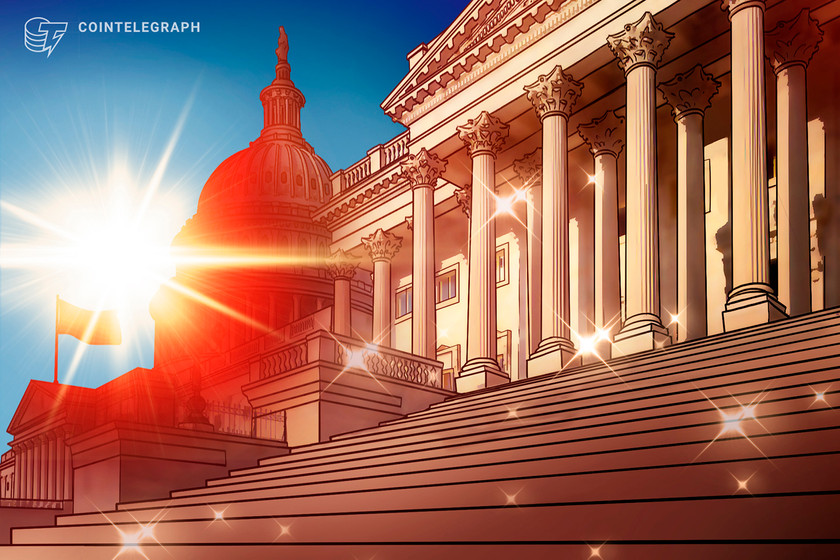FTX poked the bear and the bear is pissed — O’Leary on the crypto crackdown


Kevin O’Leary believes U.S. lawmakers are “fatigued” and “pissed” with the cryptocurrency industry after having to deal with one blowup after another.
Shark Tank investor and venture capitalist Kevin O’Leary has urged crypto exchanges to “get on board with regulation” if they want to “stay out of the way” of Gary Gensler and the United States Securities Exchange Commission.
In a Feb. 20 interview with TraderTV Live, O’Leary said that U.S. lawmakers are “fatigued” over crypto collapses and that they’re only going to get more ruthless if companies continue to not comply:
“You got to get on board with regulation, you got to stay out of the way of Gensler at the SEC and other regulators. Those hombres [men] in Washington are not happy. FTX poked the bear, the bear is awake, and it is pissed.”
“These senators are really fatigued, they’re really tired of gathering every six months when the next crypto company blows up and goes to zero,” he said, adding “because they’re totally unregulated and they keep issuing tokens that are worthless.”
Venture funding for new #crypto projects is virtually dead and aftermarket trading for existing projects is at massive discounts. Reason? The #regulator is now regulating by enforcement, penalties & massive fines. The venture community has moved on to the next “big” thing, #AI pic.twitter.com/ChpjYIY9Dl
— Kevin O’Leary aka Mr. Wonderful (@kevinolearytv) February 20, 2023
O’Leary said the SEC whacking Kraken for $30 million and ordering them to immediately cease its staking services should put the industry on alert and to comply by all means.
In light of the recent regulatory crackdowns, the Shark Tank investor predicted that regulated trading platforms will be better investments than their unregulated counterparts over the next few years:
”I think the value of regulated exchanges is going to go up over the next few years, while the unregulated ones get put out of business or go to zero by the regulators.”
O’Leary recently confessed to losing basically 100% of the $15 million that FTX paid him to be its official spokesperson.
Related: ‘There will be many more zeros’ — Kevin O’Leary on FTX-like collapses to come
Despite admitting that FTX was a “bad” investment, Mr. Wonderful has continued to defend former FTX CEO Sam Bankman-Fried, claiming that the controversial figure should be treated as innocent until proven guilty and adding that he wouldn’t rule out investing in the failed entrepreneur again:
I am not scared of investing in entrepreneurs that have had catastrophic failures. Failure is often the best teacher.
— Kevin O’Leary aka Mr. Wonderful (@kevinolearytv) February 7, 2023
The Shark Tank investor has previously expressed dislike towards some of the more decentralized, unregulated players in the industry too.
On Aug. 13, O’Leary said Dutch authorities were right to arrest Alexey Pertsev — the creator of Ethereum-based crypto mixer Tornado Cash — because such applications and the “crypto cowboys” that run them “mess with the primal forces of regulation.”












